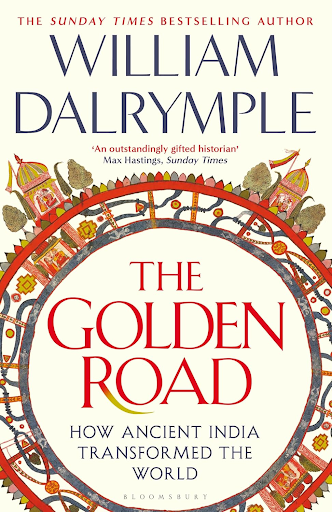Le Samourai (The Samurai; 1967)Director: Jean-Pierre Melville
The film title card starts with a fabricated quote from Bushido, the moral code of the samurai. It says, "There is no greater solitude than that of the samurai, unless it is that of the tiger in the jungle… perhaps". Miyamoto Musashi, probably Japan's foremost samurai swordsman of the late 16th century, is said to have said this, among other things. He describes the solitary path to success as being filled with loneliness. Solitude accompanies the path to success. He further goes on to say, in one of the books that he had written, that solitude shapes, moulds, and builds character all along our journey to success.
Does this go against the grain of what we have been taught? We had been told that we are social animals and that a man is not an island. Social interaction is essential for mental health, and a child turns out to be developmentally stunted without the tactile stimulation of his loved ones.
On the other hand, we know how lousy companies and wrong associations often derail our ambitions to attain greater heights. There is a reason why high-level athletes and sportsmen train in isolation before a major event. In the same vein, I suppose seekers of greater knowledge should focus on the quest rather than be swayed by the white noise surrounding them. Is this the detachment Buddha mentions in his teachings, with attachment being the root of all misery?
In the Samurai code, there are guidelines that they have to follow. Their allegiance and loyalty are laid out clearly. His loyalty to his Lord is paramount. But when a samurai loses his master, he drifts around aimlessly like a leaf on moving water, swaying at random to forces of nature. Yet, he is still alone but without any direction in life, clutching on straws for direction and strength.
'Le Samourai' is a classic French noir that stood the test of time. Combining the elements of art in filmmaking while maintaining its suspense in storytelling, it narrates the tale of a paid assassin who works alone. He laboriously details his every job to perfection. His last job, even though successful, hits a snag. He had been targeted as a possible suspect by the French police. The hiring party, naturally, gets hot under their collar.
The assassin now has to run to save his own skin, not only from the police who want to pin him down but also from his hirers, who would rather have him eliminated than squeal to the police for their involvement. The assassin, now no longer a samurai but a ronin, has to use his survival skills and judgement to be alive. The silver lining of all is that there is a pretty pianist who was an eyewitness to the murder and can identify the killer but prefers to stay mum.
It's a good watch—4.3/5—and one of Alain Delon's best movies, which skyrocketed him to the international market.
P.S. Freud and Nietzsche found wisdom through silence found in nature walks and roaming the wilderness. Hardcore criminals are placed in solitary confinement, hoping that they will find meaning of life through self-reflection. Unfortunately, this approach of living in a silo may not be applicable to all. Men of the robe have to flaunt the gift of their gab to showcase themselves as the saviours of mankind. Politicians meet an audience to cheat them blind. Businessmen need people interaction to patronise their premises. Solitude brings these people nothing.
.jpeg)










.jpeg)









